When learning Hebrew, finding the right language course can help you improve. Whether you’re a complete beginner or you already know some basic Hebrew, there are tons of language courses that can help you learn the language. We’ve broken them down into several categories to help you separate them according to your preference.
We’ve compiled this list of Hebrew courses, loosely grouped into several different categories based on quality, focus, and affordability. Hopefully, you can spend less time going through the countless courses, and more time actually studying.
Let’s get started!
Table of Contents
Table of Best Courses to Learn Hebrew
Links below will send you to the course websites, and the course details are down below.
OVERALL BEST
Jump-Starting Your Hebrew Skills: Pimsleur
Tutoring Help for a Range of Ability Levels: italki
Best for Picking Your Own Class: Verbling
BEGINNER’S COURSES
Jump-Staring Your Hebrew Skills: Pimsleur
Decent Instruction for Beginners: Mango Languages
READING AND LISTENING
Audio-Focused Resource With Extras: HebrewPod101
Pricey but Serves a Purpose: Glossika
Podcast Lessons Plus Extras: Hebrew Podcast
Read Your Favorite Content: LingQ
SPEAKING AND WRITING
Jump-Starting Your Hebrew Skills: Pimsleur
Good for Intermediate Students Wanting to Practice Speaking: Glossika
VOCABULARY ACQUISITION
Beginner-Friendly Learning on a Budget: Memrise
Phrase-Based Learning With Lots of Grammar Practice: Assimil
TUTORS AND LANGUAGE EXCHANGES
Tutoring Help for a Range of Ability Levels: italki
Great Way to Find Tutors and Classes: Verbling
Best Way to Find Language Exchange Partners While Taking Its Audio Lessons: HelloTalk
Overall Best Hebrew Learning Courses
These courses are excellent all-around resources for learning and practicing Hebrew. If you’re looking for a comprehensive resource to start out with, this category is for you. These courses include lessons that build on each other as well as interactive exercises which are essential in Hebrew learning.
Jump-Starting Your Hebrew Skills
Pimsleur offers a well-rounded approach to learning any language, and it all starts with audio lessons. Listening to conversational speech from both male and female speakers helps you expand vocabulary and hone pronunciation.
The basic subscription doesn’t have much written material, but the more expensive option includes reading skills practice. Overall, Pimsleur offers a helpful format for learning and the tools you need to become fluent.
Pros
- Audio-based learning helps you start speaking Hebrew fast.
- Cultural details are great for perspective.
- The focus is on speaking, so you immediately begin with vocab and pronunciation.
Cons
- You might want extra resources for reading and writing (even with the higher-tier subscription).
- Sometimes the lessons are a bit boring.
See our Super-Detailed Pimsleur Review
Tutoring Help for a Range of Ability Levels
Sometimes working with an instructor one on one is the best way to get quality language instruction. italki offers that, and more. You can connect with teachers or tutors at a range of price points and find someone who fits your learning style. Teachers have professional experience, and tutors are usually native or advanced speakers.
italki is convenient and accessible to all ability levels. You can find a Hebrew tutor who works with you on specific vocabulary or skills, too. And if you find someone you really click with, you can stick with them as you advance.
Pros
- Scheduling is convenient because you choose what time works for you.
- The Language Partners Board is an excellent tool for checking your Hebrew (and helping others).
- You can usually take trial lessons for a lower price to see if an instructor is a good fit.
Cons
- Pricing can be confusing because italki uses “credits,” not cash.
- Popular teachers’ schedules can get booked up, so last-minute sessions aren’t always possible.
See our Super-Detailed italki Review
Best for Picking Your Own Class
Verbling is an online language-class marketplace where you can take lessons with teachers of your choice. It has some student-friendly extra features, including a built-in online classroom, flashcards, homework calendar, and a filing system for lesson materials. There are also useful but disorganized forums where you can discuss languages, share writing for critique, and do free language drills and exercises.
The lessons are generally high quality and well structured, plus the filters make it easy to find teachers who specialize in everything from accent reduction to interview preparation.
Pros
- You can find great teachers very quickly
- The platform’s extra features, such as teacher-made, personalized flashcards, help you review the material learned in each lesson
- It seems focused on long-term progression as well as immediate student satisfaction
- You don’t have to give out your contact details, thanks to the classroom technology
Cons
- Some teachers don’t use the platform’s flashcards and materials system
- There are fewer languages available than on italki
- You can only pay in US dollars, plus there’s a hidden fee
- The forums need more moderation
See our Super-Detailed Verbling Review
Best Hebrew Beginner’s Courses
As a beginner, it can be daunting to take those first steps to learn a language. However, a strong foundation is necessary to reach language fluency. The courses below make learning Hebrew as a beginner a lot easier and more fun.
Jump-Starting Your Hebrew Skills
Pimsleur offers a well-rounded approach to learning any language, and it all starts with audio lessons. Listening to conversational speech from both male and female speakers helps you expand vocabulary and hone pronunciation.
The basic subscription doesn’t have much written material, but the more expensive option includes reading skills practice. Overall, Pimsleur offers a helpful format for learning and the tools you need to become fluent.
Pros
- Audio-based learning helps you start speaking Hebrew fast.
- Cultural details are great for perspective.
- The focus is on speaking, so you immediately begin with vocab and pronunciation.
Cons
- You might want extra resources for reading and writing (even with the higher-tier subscription).
- Sometimes the lessons are a bit boring.
See our Super-Detailed Pimsleur Review
Decent Instruction for Beginners
Mango Languages is comparable to Duolingo in a lot of ways, but the main difference is the cost. That said, it does have some highlights—like the fact that your local library might offer it for free.
You won’t find a lot of in-depth cultural or grammar instruction, but the materials they do have are high-quality. Similar to Duolingo, the perks are a stats tracker and game-like instruction. Working with Mango is fun, but you’ll probably hit a wall when your Hebrew skills become more advanced.
Pros
- Might be available for free at your local library.
- All languages (70+) come with each subscription.
- The format is engaging and has game-like features.
Cons
- Translation function is lacking—it’s just a plugin.
- There’s not much material for advanced Hebrew speakers.
See our Super-Detailed Mango Languages Review
Courses to Learn Hebrew Reading and Listening
Reading Hebrew text and listening to Hebrew speech will help you become more familiar with how the language is presented and how it sounds. You will learn new words and phrases while practicing your listening comprehension skills with these courses.
Audio-Focused Resource With Extras
Hundreds of audio and video lessons help you learn Hebrew fast and without complications. You can take your studies anywhere, and there are also flashcards, PDF lesson notes, and online discussions. HebrewPod101 is another language learning platform that uses a conversational style and lots of audio lessons, and it works.
Levels range from Beginner to Advanced, and new lessons come out every week. While the main strength of HebrewPod101 is improving listening comprehension, there are also grammar notes included as well.
Pros
- HebrewPod101 includes lots of interesting cultural information.
- The podcast format makes learning casual while you build language skills.
- Starts out at the absolute beginner level, so accessible for even first-time Hebrew learners.
Cons
- There’s not a ton of written material.
- The format relies on a lot of English, at least at first.
- Not structured in a way where every lesson builds upon the previous ones.
See our Super-Detailed HebrewPod101 Review
Pricey but Serves a Purpose
Glossika relies on audio drills for language learning, and they offer a ton of options. This can be a good option if you’re learning more than one language at the same time. The audio lessons span comprehension, listening, and speaking, and it’s ideal for upper-beginner and lower-intermediate users.
Overall, the instruction is decent, but you might notice a lack of cultural details. Essentially, Glossika is a passable resource for learning multiple languages since the format repeats.
Pros
- One subscription includes all the languages Glossika offers.
- There’s a lot of audio for Hebrew (and other languages, too).
- The format is repetitive, which is a plus as far as structuring your lessons.
Cons
- Pricing is pretty steep.
- You might notice errors in the courses.
- It’s kind of a boring interface, so you have to really want to study.
See our Super-Detailed Glossika Review
Podcast Lessons Plus Extras
The website for Hebrew Podcasts can feel a bit dated but hear us out. New lessons come out each month, so you know it’s up to date. Plus, even though the main lessons are podcast format, there are add-ons to help you study, too.
First, you’ll listen to the audio dialog, which ranges from about ten to 14 minutes. There are explanations in English, along with a read-along video. There are transcripts for the videos (and translations), flashcards, games, and quizzes.
Pros
- Lessons are continuously updated once a month.
- There’s a lot of written material to help you with more than just verbal skills.
- You can try ten lessons for free with no commitment.
Cons
- The website is old and a bit clunky.
- Each lesson’s format is the same, so it can get a little repetitive.
Read Your Favorite Content
LingQ is a language-learning platform that focuses on extensive reading for over 30 different languages. You can import your own content or choose from the community library of books, articles, podcasts, YouTube videos, and more.
The app highlights unknown words across every lesson and makes them reviewable via different types of SRS flashcards. The more you read, the more accurately you will be able to identify content that is suitable for your level.
Although I did not find it beneficial for languages I had never studied before, I think LingQ can be helpful for upper-beginner to advanced language learners who enjoy reading. It is especially helpful if you struggle to find graded readers in your target language.
Pros
- Easily import almost any material you want to study
- Use SRS flashcards to quiz new words from a specific page
- Each lesson in the library displays the percentage of known and unknown words based on reading history
- There are many dictionaries to choose from for definitions
Cons
- Reviewing words is chaotic
- The extra features are overpriced and can be found other places for cheaper
- Very little of the content is original. Much of it was uploaded by users from other places
- The free version is extremely limited
See our Super-Detailed LingQ Review
Courses With Hebrew Speaking and Writing Emphasis
The courses below give you practice exercises to help you work on your speaking and writing of the Hebrew language. With constant and regular practice, you’ll be able to construct coherent sentences in Hebrew.
Jump-Starting Your Hebrew Skills
Pimsleur offers a well-rounded approach to learning any language, and it all starts with audio lessons. Listening to conversational speech from both male and female speakers helps you expand vocabulary and hone pronunciation.
The basic subscription doesn’t have much written material, but the more expensive option includes reading skills practice. Overall, Pimsleur offers a helpful format for learning and the tools you need to become fluent.
Pros
- Audio-based learning helps you start speaking Hebrew fast.
- Cultural details are great for perspective.
- The focus is on speaking, so you immediately begin with vocab and pronunciation.
Cons
- You might want extra resources for reading and writing (even with the higher-tier subscription).
- Sometimes the lessons are a bit boring.
See our Super-Detailed Pimsleur Review
Good for Intermediate Students Wanting to Practice Speaking
Glossika relies on audio drills for language learning, and they offer a ton of options. This can be a good option if you’re learning more than one language at the same time. The audio lessons span comprehension, listening, and speaking, and it’s ideal for upper-beginner and lower-intermediate users.
Overall, the instruction is decent, but you might notice a lack of cultural details. Essentially, Glossika is a passable resource for learning multiple languages since the format repeats.
Pros
- One subscription includes all the languages Glossika offers.
- There’s a lot of audio for Hebrew (and other languages, too).
- The format is repetitive, which is a plus as far as structuring your lessons.
Cons
- Pricing is pretty steep.
- You might notice errors in the courses.
- It’s kind of a boring interface, so you have to really want to study.
See our Super-Detailed Glossika Review
Learn Hebrew Vocabulary and Grammar
In order to read, write, listen, and speak in Hebrew, a wide range of vocabulary and correct use of grammar is necessary. The courses below will be essential in helping you grow your vocabulary and improve your grammar.
Beginner-Friendly Learning on a Budget
We like Memrise because it’s free and you can study a range of topics. The free version allows you limited access to the paid courses. If you want to expand your Hebrew vocabulary, Memrise is a great way to do it.
If you choose a premium subscription, you can also access more content. But the user-generated content is always changing and improving, too. Still, you shouldn’t rely on Memrise alone to learn Hebrew. A grammar book or another resource can help you stay on track.
Pros
- You can choose specific vocabulary to learn for different applications.
- It’s an easy study tool with a flashcard-like format.
Cons
- It’s not enough for continued language learning.
- Premium version isn’t all that much more valuable than the free version.
See our Super-Detailed Memrise Review
Phrase-Based Learning With Lots of Grammar Practice
Assimil is a French company that has been selling language-learning resources since 1929. Assimil materials are available as books, CDs, and downloadable e-courses; there are a variety of available course types, and instruction is based on interacting with phrases in the target language. The popular Sans Peine or, With Ease, courses are for absolute or false beginners that would like to reach the B2 level, but we think you’ll need to incorporate some other study materials to make this happen.
Pros
- The audio quality is great
- The culture notes add a lot of value
- There are plenty of grammar explanations, but they aren’t a focus
Cons
- The mobile app isn’t super intuitive
- The pronunciation feedback method could be better
- The exercises aren’t especially engaging
See our Super-Detailed Assimil Review
Tutors and Hebrew Language Exchange
If you’d like to learn Hebrew in a more immersive manner, then finding a tutor or a language exchange partner is the way to go. The courses below will connect you to a one-on-one tutor or a language exchange partner. Take a look at them and see which opton you like best.
Tutoring Help for a Range of Ability Levels
Sometimes working with an instructor one on one is the best way to get quality language instruction. italki offers that, and more. You can connect with teachers or tutors at a range of price points and find someone who fits your learning style. Teachers have professional experience, and tutors are usually native or advanced speakers.
italki is convenient and accessible to all ability levels. You can find a Hebrew tutor who works with you on specific vocabulary or skills, too. And if you find someone you really click with, you can stick with them as you advance.
Pros
- Scheduling is convenient because you choose what time works for you.
- The Language Partners Board is an excellent tool for checking your Hebrew (and helping others).
- You can usually take trial lessons for a lower price to see if an instructor is a good fit.
Cons
- Pricing can be confusing because italki uses “credits,” not cash.
- Popular teachers’ schedules can get booked up, so last-minute sessions aren’t always possible.
See our Super-Detailed italki Review
Great Way to Find Tutors and Classes
Verbling is an online language-class marketplace where you can take lessons with teachers of your choice. It has some student-friendly extra features, including a built-in online classroom, flashcards, homework calendar, and a filing system for lesson materials. There are also useful but disorganized forums where you can discuss languages, share writing for critique, and do free language drills and exercises.
The lessons are generally high quality and well structured, plus the filters make it easy to find teachers who specialize in everything from accent reduction to interview preparation.
Pros
- You can find great teachers very quickly
- The platform’s extra features, such as teacher-made, personalized flashcards, help you review the material learned in each lesson
- It seems focused on long-term progression as well as immediate student satisfaction
- You don’t have to give out your contact details, thanks to the classroom technology
Cons
- Some teachers don’t use the platform’s flashcards and materials system
- There are fewer languages available than on italki
- You can only pay in US dollars, plus there’s a hidden fee
- The forums need more moderation
See our Super-Detailed Verbling Review
Best Way to Find Language Exchange Partners While Taking Its Audio Lessons
HelloTalk is a mobile app for language learners interested in language exchange. It facilitates communication between native speakers and those learning their language with the use of built-in language tools. It also offers audio lessons in 10 languages as part of a separate subscription.
Pros
- It’s exciting to practice communicating with real people
- The built-in language tools are helpful
- It’s easy to pick up and put down whenever you like
Cons
- It’s too easy to rely on google translate
- It can be hard to find good partners
- The paid audio lessons probably aren’t worth it
See our Super-Detailed HelloTalk Review
Maybe Try These Hebrew Learning Courses
The courses in this section may not have made it into our favorites, but they are still worth it. You might find the right course for you in this section.
Hebrew Podcasts
The website for Hebrew Podcasts can feel a bit dated but hear us out. New lessons come out each month, so you know it’s up to date. Plus, even though the main lessons are podcast format, there are add-ons to help you study, too.
First, you’ll listen to the audio dialog, which ranges from about ten to 14 minutes. There are explanations in English, along with a read-along video. There are transcripts for the videos (and translations), flashcards, games, and quizzes.
Rosetta Stone
There’s nothing truly awful about Rosetta Stone, but there’s not anything impressive about it, either. Picture-matching is the primary teaching method, which gets repetitive and boring.
There’s very little reading or writing practice, and each language follows the same lesson format. That said, the initial lessons are simple for beginners—but you’ll probably tire of the picture matching pretty quickly.
ALR Readers Exclusive Holiday Deal!! Get the Lifetime Subscription for 25 languages for $179 (everywhere else it’s $199 right now!). See details on the website.
See our Super-Detailed Rosetta Stone Review
Udemy
Udemy has courses from diverse instructors and on a range of topics in Hebrew. The courses range from about 40 minutes to over ten hours long, so you can choose the format and instructor that works for you.
Most courses come with downloadable study guides and other materials—and you get lifetime access once you buy the lesson. The audio is great since these are video-based lessons. Still, if you want to focus on writing, you’ll have to search around for courses with additional materials/homework.
Assimil
Assimil is a French company that has been selling language-learning resources since 1929. Assimil materials are available as books, CDs, and downloadable e-courses; there are a variety of available course types, and instruction is based on interacting with phrases in the target language. The popular Sans Peine or, With Ease, courses are for absolute or false beginners that would like to reach the B2 level, but we think you’ll need to incorporate some other study materials to make this happen.
See our Super-Detailed Assimil Review
LearnHebrewPod
LearnHebrewPod is a resource that promises to modernize learning Hebrew, but it’s not as in-depth as other resources. The instruction ranges from beginner to advanced, but there are only around 25 lessons in each level, so it goes pretty quickly.
You can follow along while listening to text (the sentences are highlighted), and there are many components to each lesson. For example, every lesson includes dialogue, translations, vocab, grammar, and review.
LinguaLift
There are a few things we really love about LinguaLift—but the keyword is few. The cultural context is a huge perk, since many language courses gloss over the background you need to understand a language fully.
That said, the style is a lot like reading from a textbook, and there’s not much audio involved, either. You’ll definitely learn to read—and probably enjoy the lessons—but you won’t be prompted to speak out loud or listen to narrations.
See our Super-Detailed LinguaLift Review
Best Free(mium) Courses for Learning Hebrew
This is our Bargain Basement section where we’ve listen the best free and freemium courses to help you learn Hebrew. If you’re on a budget, check these courses out.
Casual Instruction for Beginners
If you want to learn classical (biblical) Hebrew for free, YouTube is a great place to start. Evan Millner’s playlist includes videos that are a couple of minutes long to over 20 minutes, and he uses a handful of sources to teach with. Evan has a master’s degree in Hebrew, among other credentials, and he focuses on the oral and serial methods of teaching.
The videos are a bit outdated, but the 56-video collection offers a ton of resources. Plus, you can get started as a total beginner with no other resources.
Pros
- Completely free, and you can work at your own pace, anywhere.
- Quality instruction with a casual approach—Evan talks about himself and his personal experience with the language.
- The lessons go in order and get increasingly more difficult.
Cons
- A bit outdated, and the videos aren’t high quality.
- You’ll likely need a supplement for writing/reading.
Most Useful Free Flashcard Vocab Builder
It is the go-to app for free (except on iOS) Spaced Repetition System (SRS) flashcards. It has a simple user interface with various features that more hard-core users can dive into if they choose. Your flashcards will appear according to your natural forgetting curve; the app will test you in increasingly spaced out intervals, with more difficult cards appearing more than once in a session, while easier cards spacing out over weeks — or even months and years.
An SRS system is the most effective way to drive information into your long-term memory. The cards can sync between the web, desktop app, and mobile versions to keep your flashcards updated and with you at all times. You can add images and audio clips to your cards and change the text formatting (if you use it on your computer).
One feature unique to Anki, as opposed to other SRS flashcard apps, is the “Cloze deletion” function, which allows you to block out parts of your card and create a “fill-in-the-blanks” type card format. If you want a resource for how to make effective flashcards, check out the book, FluentForever. The author leaves a whole section dedicated to understanding how to use your Anki deck to advance your skills quickly.
Pros
- Offers a wide range of features
- Allows synching across multiple devices
Cons
- Anki’s interface may be a bit intimidating for beginners
- The aesthetic isn’t very appealing
See our Super-Detailed Anki Review
Fundamentals Ideal for Beginners
For absolute beginners, Learn Hebrew Easily is a decent resource. You’ll learn how to write the Hebrew alphabet with animated lessons, listen to some audio content, and learn basic grammar and vocabulary.
In short, this course will get you started, but it won’t take you very far. If you have zero experience with the Hebrew alphabet and pronunciation, this might be the right tool for starting out. You’ll soon find you need some more resources, though.
Pros
- Covers the alphabet and basic pronunciation.
- Ideal for beginners without any exposure to Hebrew.
- Work at your own pace (and for free).
Cons
- Not much audio to work with.
- Material is a bit outdated, and it looks like there won’t be updates.
Traditional Learning for Free
FSI Hebrew (from the Foreign Service Institute) involves a ton of audio lessons and a PDF student manual. The first thing you’ll notice is the resources are severely outdated, but that doesn’t mean it’s not quality material.
There are 40 units totaling over 22 hours of audio. While the files aren’t the best quality, they’re an easy and free way to start practicing Hebrew.
Pros
- You can download all the materials and study anywhere.
- It’s free, and accessible online or on smart devices.
- You have the benefit of both audio-intensive and book study.
Cons
- The resources are really old.
- PDF student manual is scanned, so sometimes tough to read.
Comprehensive Learning for All Levels
Similarly to FSI, courses developed by the Defense Language Institute (DLI) are extremely thorough but not exceptionally engaging. They also place more of an emphasis on military terminology at higher levels.
Pros
- Courses are well structured and comprehensive
- The courses are free
Cons
- The courses are dated and not very exciting courses
See our Super-Detailed DLI Courses Review
So, What are the Best Hebrew Courses for YOU to Learn the Language?
At first, learning Hebrew may seem tough, especially as you learn the basics like reading from right to left. Fortunately, our top picks for Hebrew learning courses can help you develop the skills you need for fluency—without wasting time on resources that aren’t going to work. If you’d like to listen to your lessons, have a look at our post on the Best Podcasts For Learning Hebrew.
Have you tried learning Hebrew? What courses do you recommend? Share with us below!


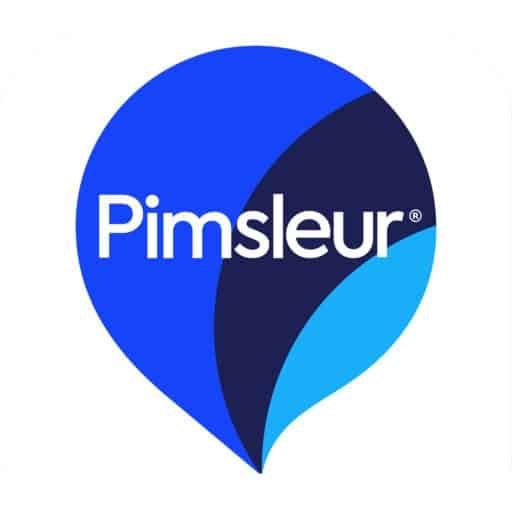
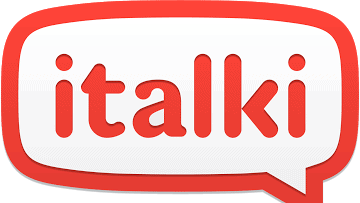
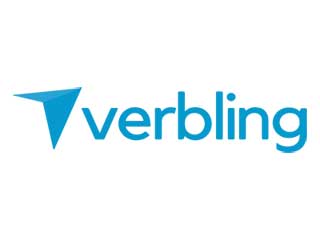
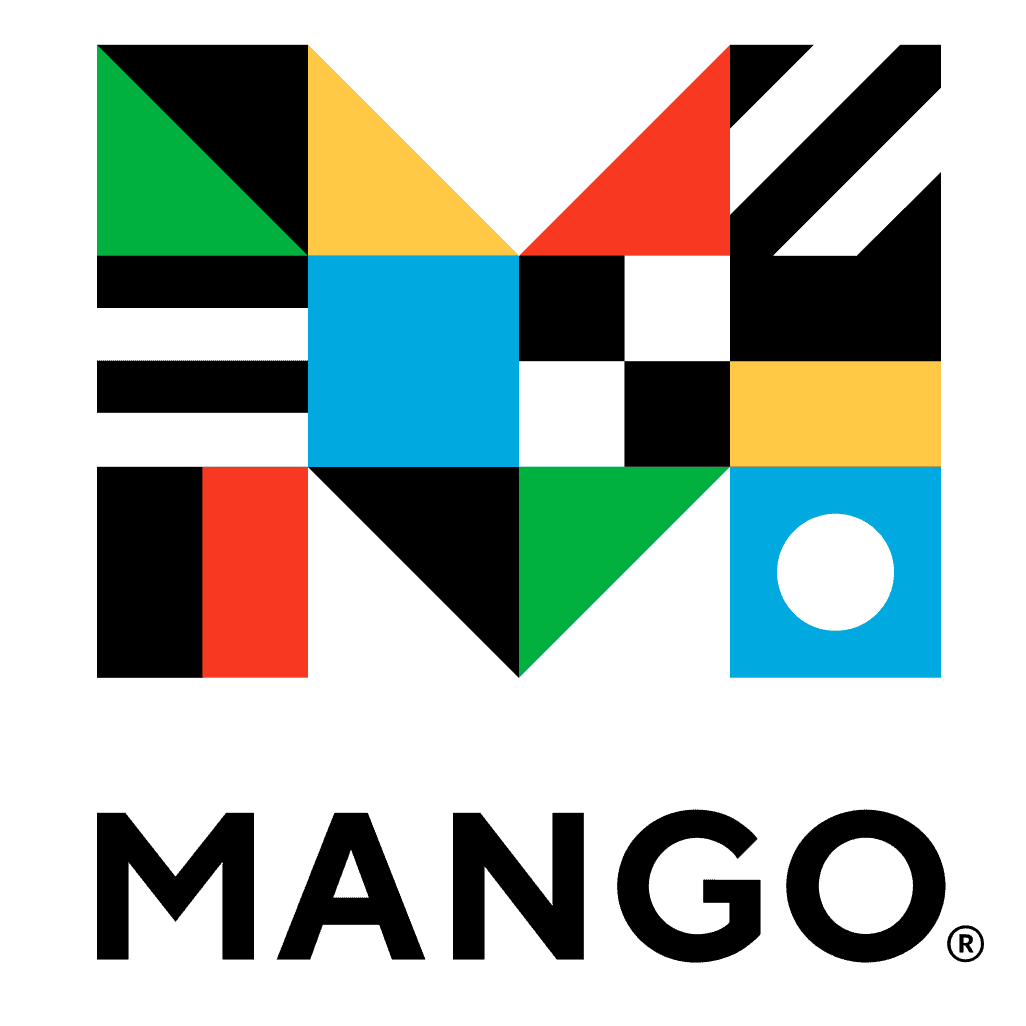
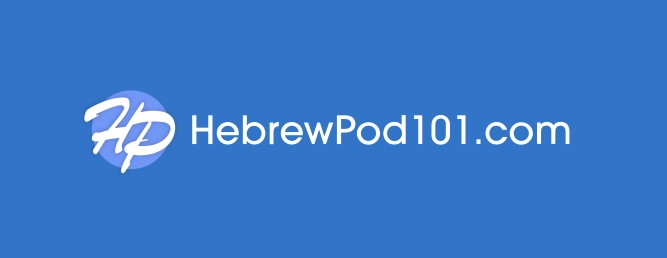
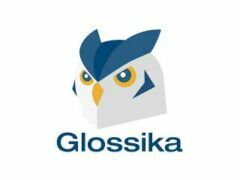

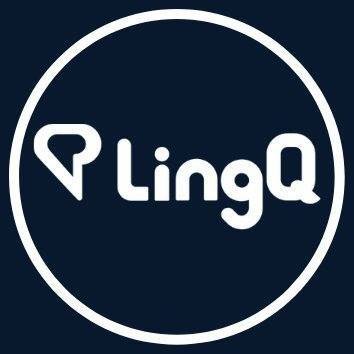
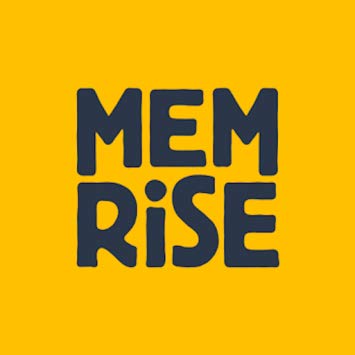

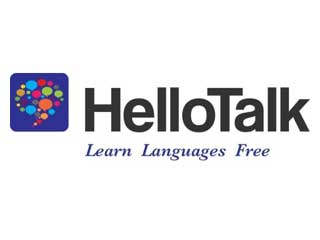

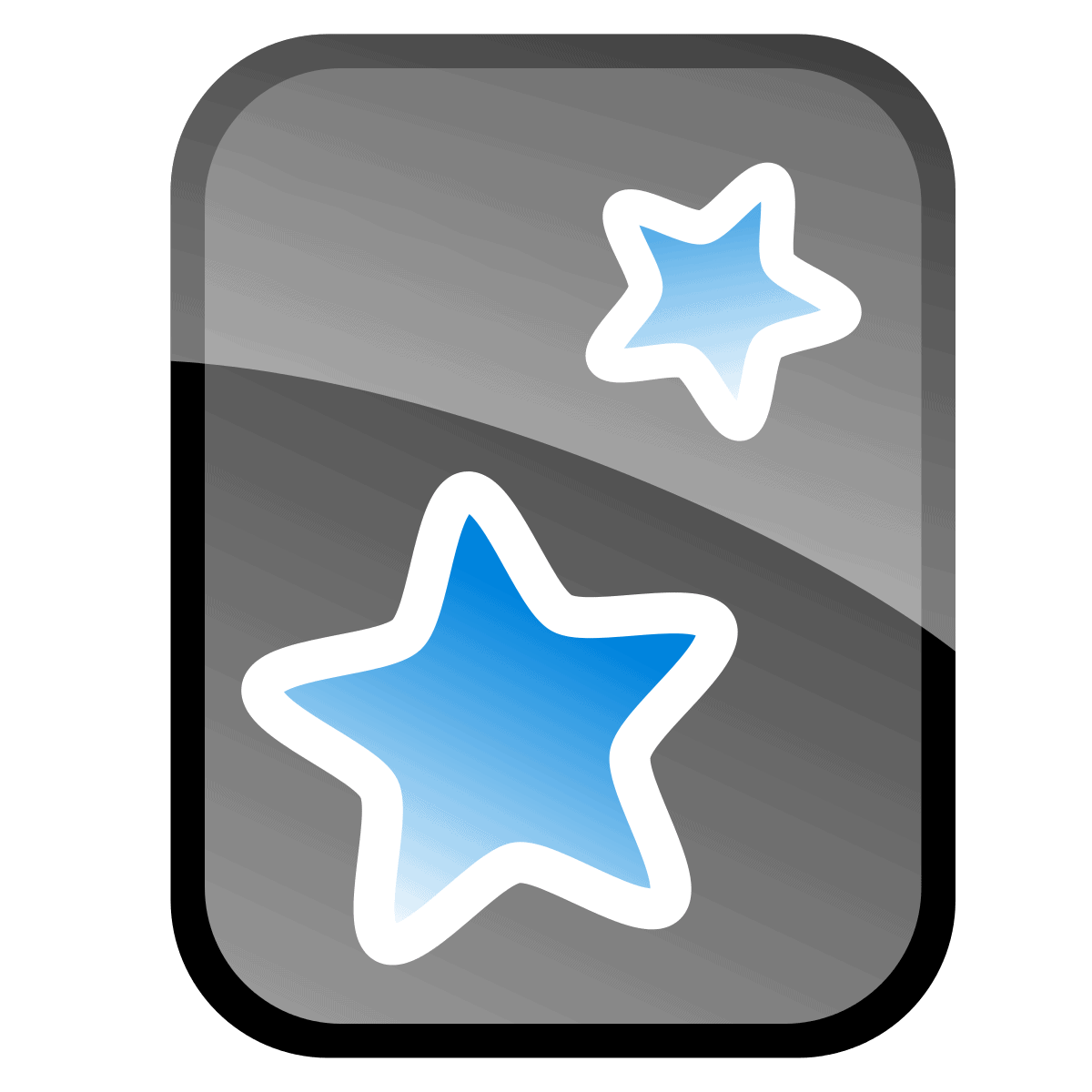



Here’s one to consider, having a guarantee, from beginner to intermediate to advanced:
https://www.ulpanet.com/Learn-Hebrew-Comprehensive-Course/
Offers both modern and biblical hebrew.